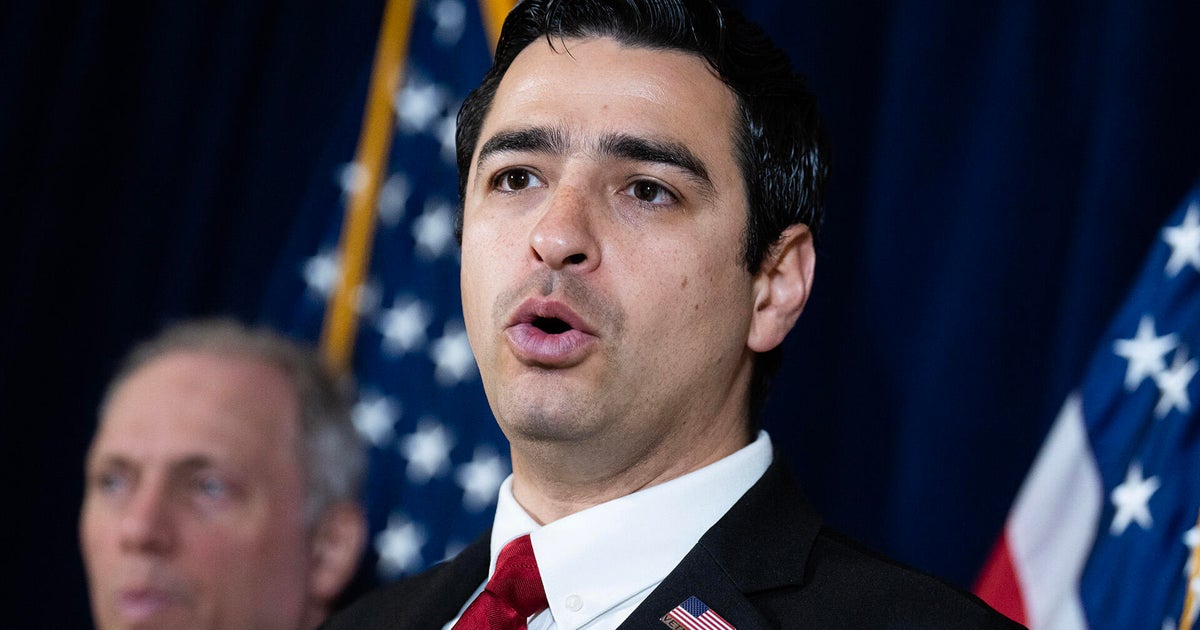Sequester Cuts Set To Impose Austerity On Florida & U.S.
MIAMI (CBSMiami) – It's an arcane budget term, but the sequester, is set to fundamentally reshape federal spending in ways that could set the economy on a path back to recession. The sequester is the beginning of a scheduled decade of financial austerity like has been seen in Europe in recent years.
Technically, a sequester is a general cut in government spending. This year's sequester will involved cutting government spending across the board by $85 billion. The cuts will be targeted at defense, discretionary domestic and certain health care programs.
The sequester was originally put into place as a punishment for Democrats and Republicans refusing to work together to enact major deficit reform through a combination of revenue increases and spending cuts.
Congress approved the sequester on a bipartisan basis in 2011 after House GOP members refused to consider any tax increases or reforms to help with deficit reduction. The White House signed the sequester into law hoping that it would spur both sides to work together in Congress.
The plan, which put together a super committee to deal with the debt, failed miserable as Republicans refused to consider tax increases and Democrats refused to budge on entitlement spending without tax increases.
Once the super committee failed, the sequester was put into place. The sequester was originally supposed to kick in with the expiration of the Bush tax cuts on January 1, but was delayed as part of a deal to deal with the tax cuts.
In some ways, the sequester accomplished the goals of many House GOP members in theory, which was to enact significant spending cuts through austerity. However, as the sequester has neared, the true depth of the cuts to each Congressional member's district is starting to make some hesitate on the cuts in practicality.
In Florida, the cuts will hit programs for teachers, students, head start, military readiness, and many other programs in 2013 alone. The cuts could cost thousands of jobs in the state, sending Florida's unemployment rate back up after years of slow declines.
According to the White House, Florida is set to lose $54.5 million in funding for primary and second education. The White House said those cuts could lead to 750 teachers and aides at risk. The White House said 95,000 fewer students would be served and 130 few schools would receive funding.
Florida also stands to lose $31.1 million in funds for 380 teachers, aides, and staff at school's that help children with disabilities. The state may also lose Head Start and Early Head Start services for roughly 2,700 children.
According to the White House, roughly 31,000 civilian Department of Defense jobs will be furloughed to reduce gross pay by $183.2 million. Army base operation funding in Florida would be cut by $7 million; Air Force operations funding in Florida would be cut by $23 million.
Navy funding for the aircraft depot in Jacksonville would be cut by $135 million and four demolition projects in Pensacola worth $3.2 million would also be canceled.
The unemployed in Florida will be hit especially hard at a time when thousands more government workers are likely to hit the unemployment line. The White House said Florida will lose $2.3 million in funding for job search assistance, referral, and placement, impacting nearly 80,000 workers.
Roughly two million people who have been out of work for more than six months could see unemployment compensation cut by 11 percent, an average of $132 a month, according to the New York Times.
The state will see roughly 7,450 fewer children receive critical vaccines as funding for the programs lose a half-million in funding. And Florida would stand to lose roughly $3.8 million in funds that provided meals for seniors.
According to the Times, doctors will see their reimbursements for the treatment of Medicare patients decline due to the sequester as well.
Transportation Secretary Ray LaHood said Friday that due to the budget cuts involved in the sequester, flights to major cities may be delayed up to 90 minutes due to fewer air traffic controllers being on the job.
In addition, the National Insititue of Health stands to lose roughly five percent of its annual budget meaning research into diseases could be put back years. Plus, money for food inspection will be cut and national parks would close or cut back on operations.
Complicating matters for government agencies is that there is no wiggle room to spread the cuts out and not inflict a major cut to the entire organization.
So what will the cuts in the sequester not cut? Social Security and Medicaid are exempted from the cuts and the Medicare cuts total just $11 billion in the coming year. In other words, the spending on health care entitlements, which is bankrupting the country, will not see significant cuts under the sequester.







